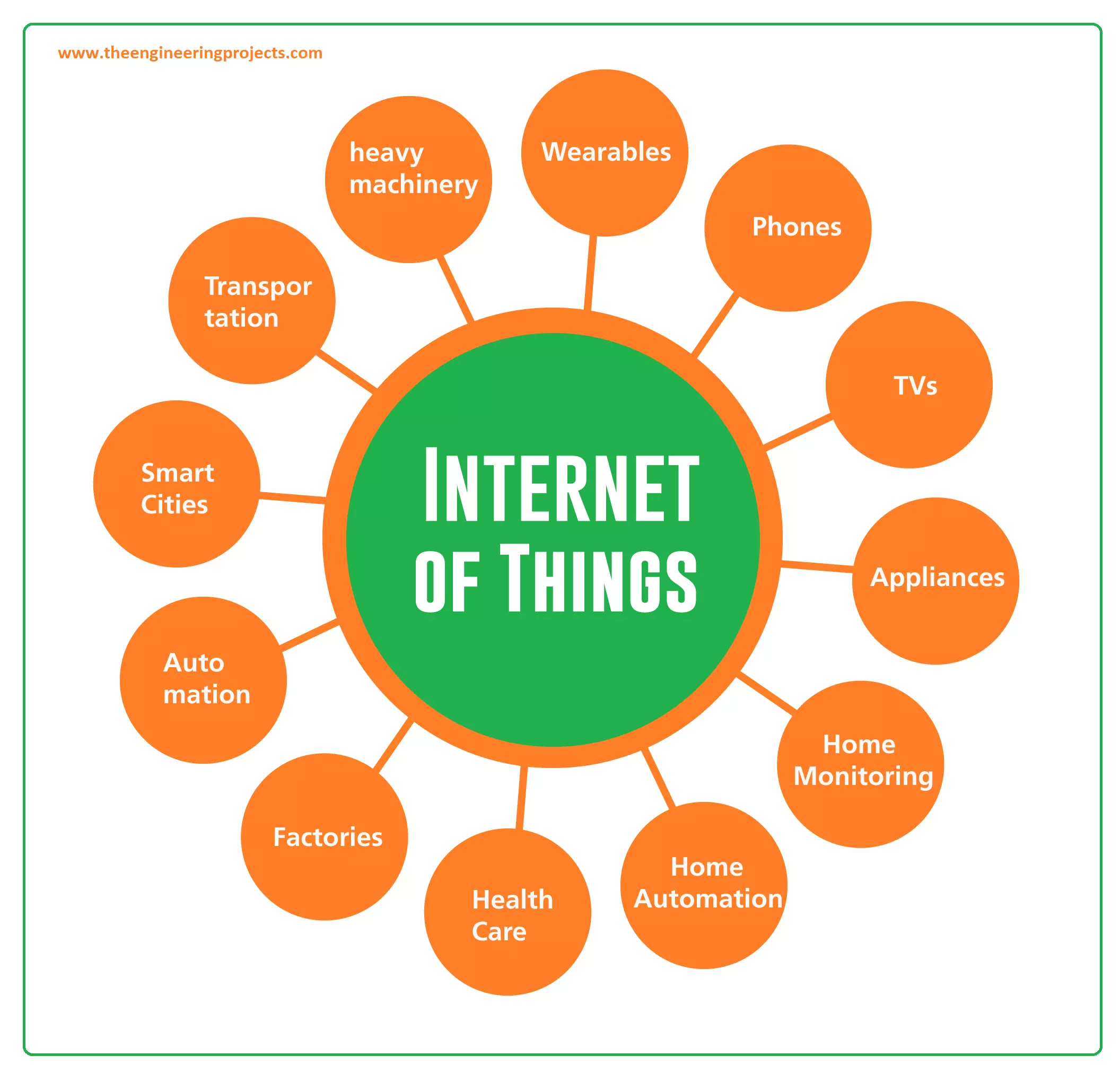Index Surge: Amplifying Your Insights
Stay updated with the latest trends and news across various industries.
IoT: The Tiny Giants Reshaping Our World
Discover how tiny IoT devices are transforming our world—uncover the giants behind the tech revolution that connects us all!
Exploring the Impact of IoT: How Tiny Devices are Changing Our Daily Lives
The Internet of Things (IoT) has emerged as a transformative force in our modern society, embedding itself into the fabric of our daily routines. Small devices, from smart thermostats to wearable fitness trackers, are interconnecting our environments, providing real-time data and enhancing our decision-making processes. For instance, smart home devices allow users to manage lighting and temperature settings remotely, resulting in increased energy efficiency and reduced utility costs. As these tiny devices proliferate, they foster greater convenience and control, making mundane tasks effortless and allowing individuals to focus on more important aspects of life.
Moreover, the impact of IoT extends beyond individual households, influencing larger systems such as healthcare, transportation, and agriculture. In healthcare, wearable devices monitor patients' vital signs and alert medical professionals to any anomalies, ensuring timely interventions. In agriculture, smart sensors help farmers optimize irrigation and monitor soil health, cultivating sustainable practices. As we continue to explore the implications of tiny devices, it's clear that the Internet of Things is not just a technological trend; it is a catalyst for profound change that shapes how we live, work, and interact with the world around us.

The Future of Connectivity: What IoT Means for Smart Cities
The Internet of Things (IoT) is poised to revolutionize the way we interact with our urban environments, particularly in the context of smart cities. By integrating advanced connectivity solutions into everyday infrastructure, cities can transform data collection and analysis into actionable insights. For instance, smart traffic systems can utilize IoT sensors to monitor and manage traffic flow in real-time, reducing congestion, and enhancing public safety. In addition, IoT-enabled utilities can improve energy distribution and conservation, allowing cities to respond dynamically to demand and optimize resource consumption.
As we envision the future of connectivity through IoT, it becomes evident that these advancements will not only drive efficiency but also foster a more sustainable urban ecosystem. With a network of interlinked devices, smart cities can enhance public services by implementing intelligent waste management systems, smart street lighting, and real-time public transportation updates. According to experts, by the year 2030, the global number of connected devices is expected to reach 50 billion, significantly impacting urban planning and policy. As such, the development of smart city frameworks will be crucial in harnessing the true potential of IoT technologies to create livable, efficient, and resilient urban environments.
What Are the Key Challenges and Opportunities in IoT Technology?
The Internet of Things (IoT) is rapidly evolving, bringing with it a range of challenges and opportunities that businesses and consumers must navigate. One key challenge is security. With the increasing number of connected devices, the potential for cyberattacks rises, making it crucial for organizations to implement robust security measures. Additionally, data privacy concerns have become a significant issue, as vast amounts of personal information are collected and transmitted by IoT devices. Companies need to ensure that they comply with regulations while implementing best practices to protect users' data.
On the other hand, the opportunities presented by IoT technology are vast. Industries can leverage IoT solutions to improve efficiency and productivity, enhancing operations through smart devices and real-time data analytics. For example, in the manufacturing sector, IoT devices can monitor equipment performance, predict failures, and optimize maintenance schedules, leading to substantial cost savings. Furthermore, as IoT technology continues to mature, we can expect new business models to emerge, providing companies with the chance to innovate and gain a competitive edge in the market.